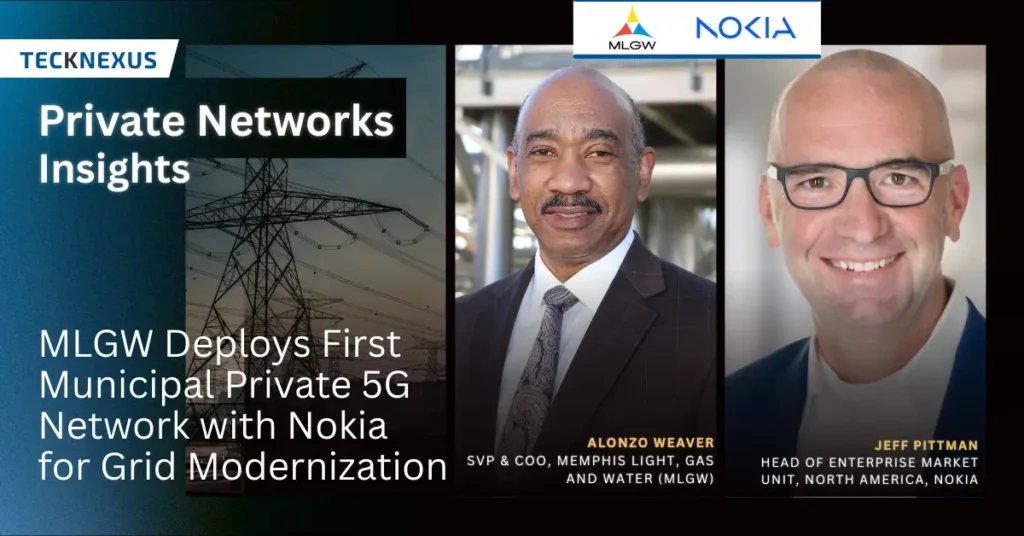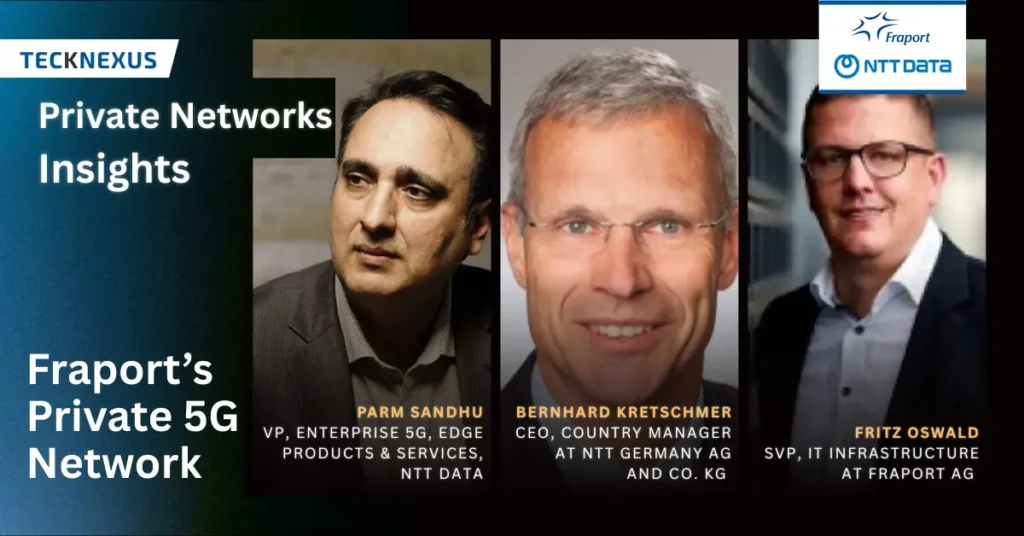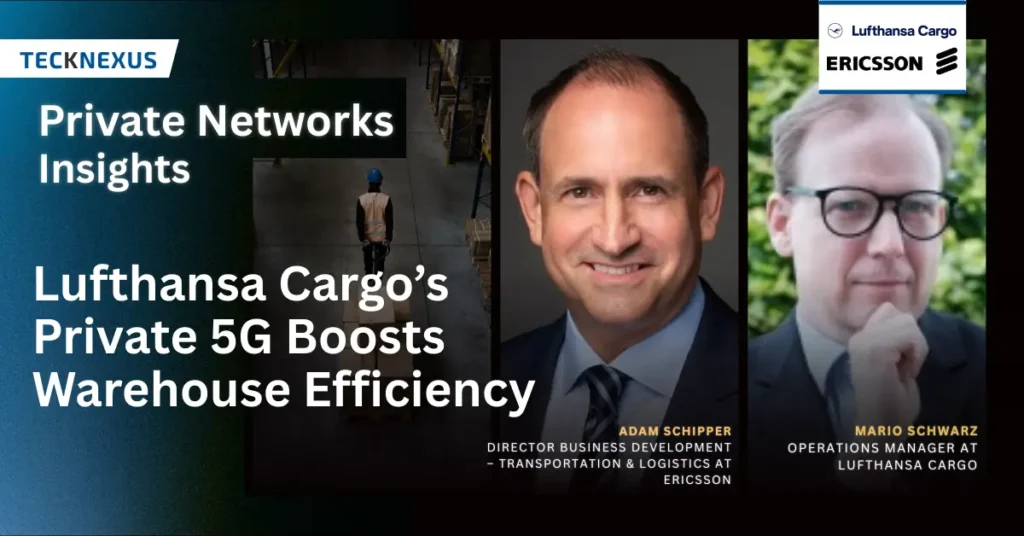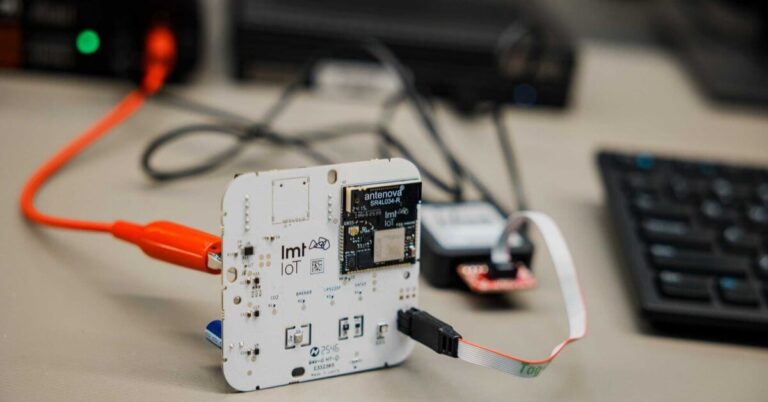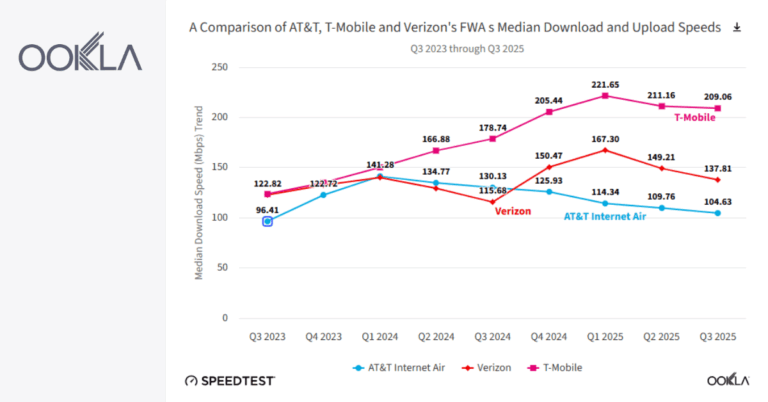As we see broader adoption of private networks across various industry verticals, it’s clear that private 5G represents only the first step in a much larger journey toward full industrial automation.
The initial phase focuses on replacing and modernizing the underlying network infrastructure. Private 5G provides enterprises—such as factories, ports, and logistics hubs—with a more reliable, deterministic, and secure foundation for automation. This new foundation allows organizations to begin digitizing and orchestrating their operations with confidence.
The next phase of this journey will revolve around the integration of artificial intelligence (AI) into industrial and operational environments. The question then becomes:
How do we use the strengths of private 5G to ensure that AI operates safely, reliably, and securely?
In this phase, Zero Trust principles become even more critical. Organizations must be able to:
-
Identify every device and validate its integrity and trust level;
-
Ensure that the data sent to AI models originates from authenticated and uncompromised sources; and
-
Verify that when AI triggers an action, it executes as intended—without interference, manipulation, or unauthorized control of devices.
Ultimately, private 5G is the foundation for a broader transformation—one that will combine AI, edge computing, and Zero Trust architectures to deliver end-to-end automation across the edge, core, and cloud.
This convergence marks the future of secure industrial operations, where AI-driven automation and Zero Trust security work hand in hand to protect data, devices, and decisions across the entire digital ecosystem.












